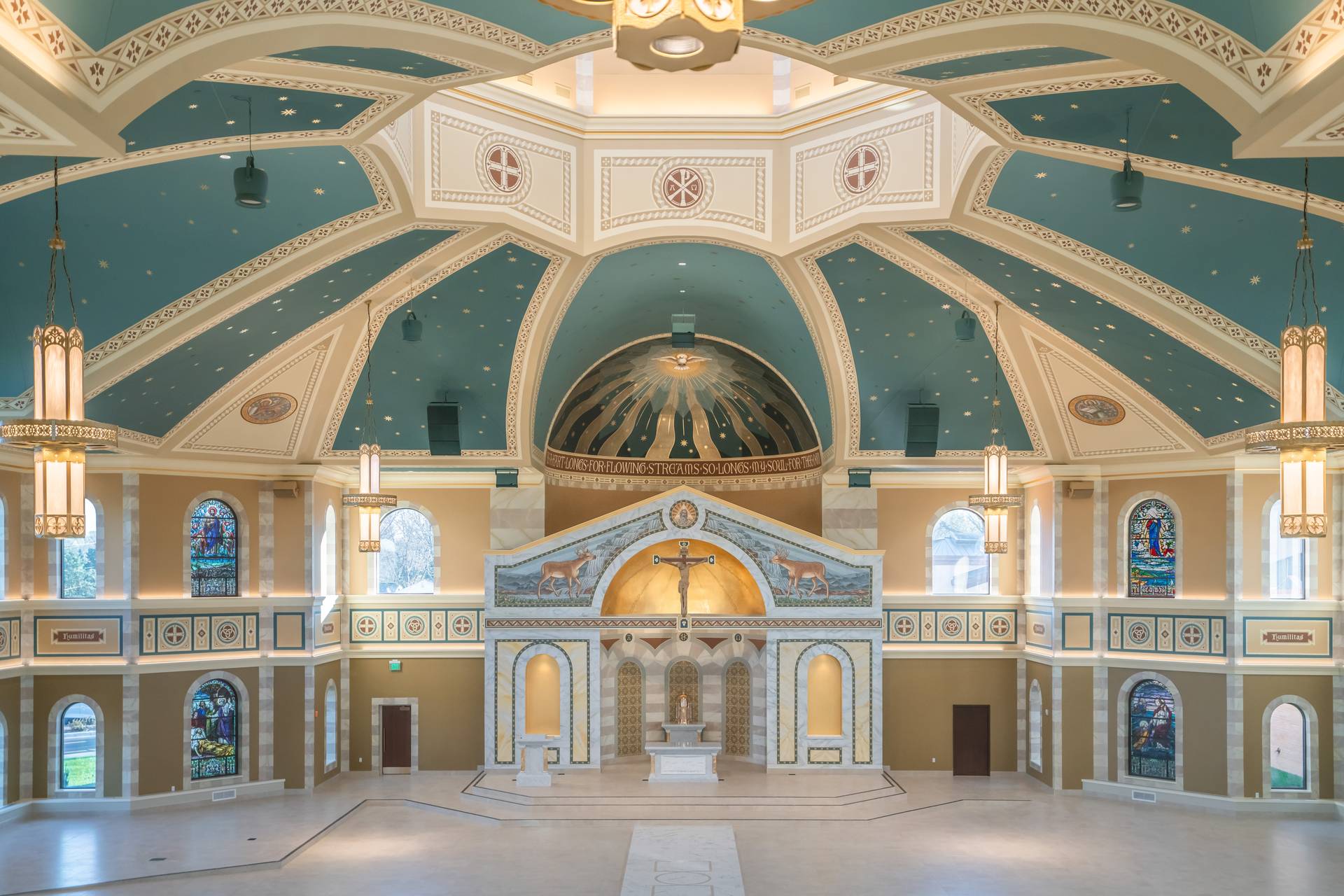The Economist headlined a recent article about the liberation of Raqqa in Syria from ISIS last month this way: “To the victors, the toils.”
While we can all rejoice that the blood-soaked reign of ISIS terror is ended, the Anglosphere Society invites you to their Second Annual Conference daytime inter-faith forum to be held December 5, 2017 at the 3 West Club in New York City. Learn more and dialogue with experts about the subsequent protection, reconstruction, and inclusion for Christians in the Middle East.

The problems facing Christians returning to their homes following the ISIS occupation are daunting.
For one thing, there are far fewer of them. The Christian population of 1.4 million that lived in Iraq in 2003 has dwindled to fewer than 250,000 since the 2003 invasion. This represents an 80 percent decline since the beginning of a century for a church that traces its faith back to the Apostle Thomas and which continues to pray in Aramaic, the language of Our Lord.
The cradle of Christianity risks being eradicated and should be of compelling concern to Christians of all denominations. The implications of this go far beyond the Christian world, as they are truly geo-political in nature.
Iraq was one of the region’s only four remaining countries with robust Christian communities. These communities were advocates of modern education and medicine and citizen rights, having historically served as a moderating influence and bridge to the West. Their extinction – following that of the other minorities such as the Yazidis, and that of the Jews over the past 70 years – would signal the end of pluralism in the Arab world.
Much of their survival comes down to two key issues: funds and basic security. Since fiscal 2014, the U.S. has provided over $1.4 billion in humanitarian aid for Iraq, but very little of that has reached the beleaguered Christian and Yazidi communities.
Furthermore, there is no protection for religious minorities in the overwhelming Muslim camps, so the minorities are terrified of entering these camps. The U.N programs also exclude the local churches who try to minister to these populations, while being dependent on a piecemeal basis from private sources.
Hence, the enormous significance of Vice President Michael Pence’s declaration a couple of weeks ago that President Donald Trump has directed the State Department to stop funding “ineffective” UN relief efforts. In the future, the U.S. Aid for International Development (USAID) will provide humanitarian assistance directly to “help those who are persecuted for their faith.”
While there has been an astonishing amount of American Catholic and Christian charitable funding flowing to help Christian refugees in Iraq, the commitment of the present Administration will do an enormous amount to transform this suffering community of Christians into thriving survivors.
The heroic Nineveh Plains Reconstruction Project, funded by the pontifical organization Aid to the Church in Need and the Knights of Columbus – together with the Catholic Near East Welfare Association and Franklin Graham’s Samaritan’s Purse – aims to generate $250 million to rebuild the roughly 13,000 private homes that were burned down or otherwise destroyed. The role of USAID promises to be transformational.
At this pivotal moment in history, the Anglosphere Society is convening experts in various disciplines to present a clear-eyed analysis of the challenges that face our fellow Christians in the Middle East in the post-ISIS era and to examine solutions to overcome them.

We invite you to visit TheAnglosphereSociety.org website and help the Church leaders like Cardinal Timothy Dolan build a national movement throughout parishes across the country so that ordinary Catholics have the opportunity to become engaged.
Edmund Burke famously said that the only thing necessary for the triumph of evil is for good men to do nothing. Over a year ago, the United States designated the ISIS assault “genocide.” This year Secretary Tillerson promised to protect the targeted minorities from violent extremism – even after ISIS is defeated – and to preserve their cultural heritage. But you can’t just declare a crime to be genocide and think you’ve done the job. Words must be backed by actions.
People talk about the situation in Iraq and Syria as “complicated,” but it’s not complicated. There are no moral ambiguities here. We are talking about good and evil. Nobody thinks that the recent defeat of ISIS in Raqqa and elsewhere marks the end of the evil of mass murder.
As Winston Churchill said after the Battle of Britain: “This is not the end. It is not even the beginning of the end. But perhaps it is the end of the beginning.”
Through The Anglosphere Society conference to be held Tuesday, December 5, 2017, and other similar events and efforts, we want to help put the issue of the persecution of Christians on the nation’s front burner because silence brings more suffering. It brings more death. And it brings more shame on the rest of the world. We all need to summon up the courage to do something about the slaughter of Christians, and to do it now.
There is a Chinese expression: “The journey of a thousand miles, begins with one step.” Hopefully, the Anglosphere conference we are convening will prove to be one of those steps.
Amanda Bowman is the Founder of The Anglosphere Society, a membership organization dedicated to promoting the traditional values, culture and freedoms of the Anglosphere, including democracy, the rule of law and religious liberty.


















